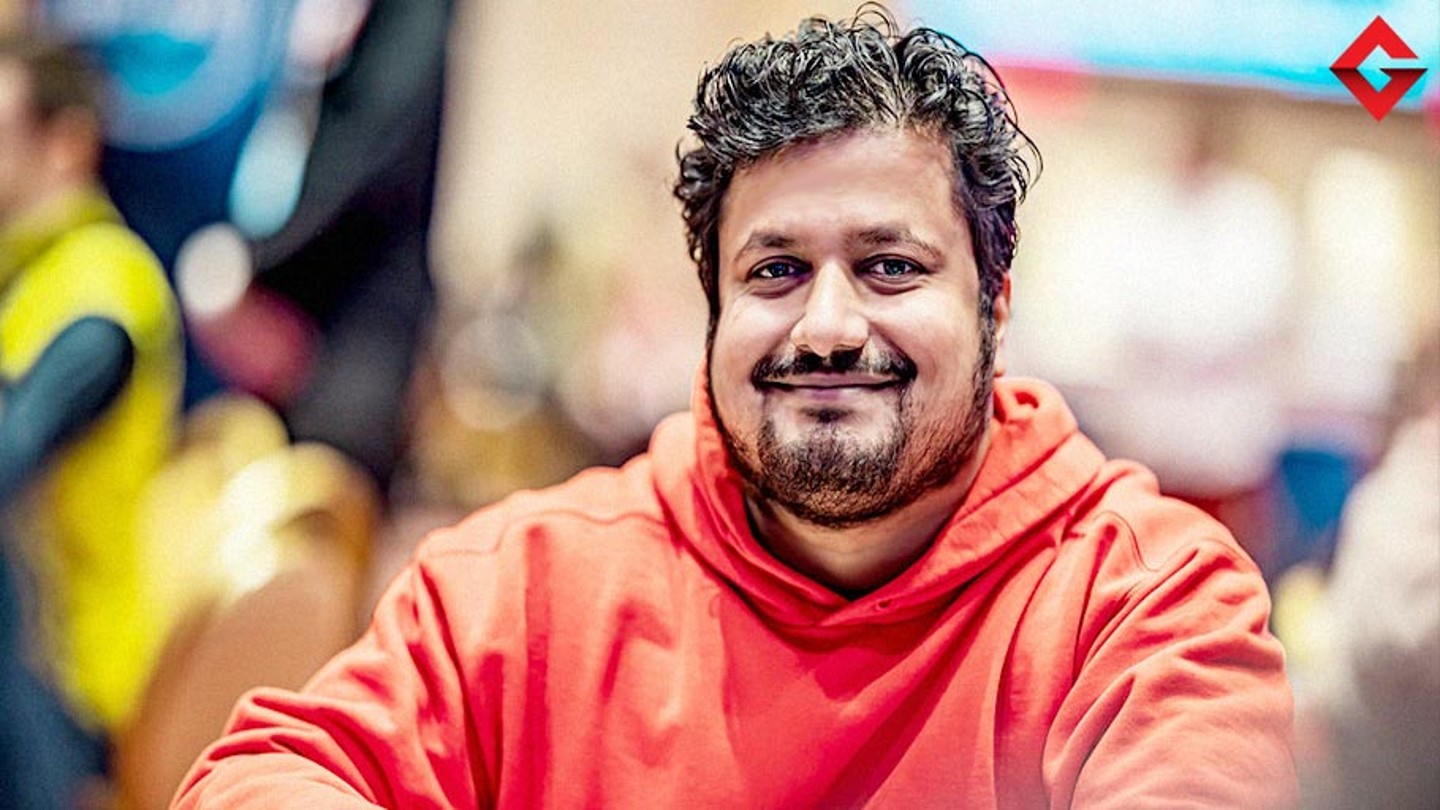Poker vs. Chess: Why Chess Players Have a Huge Advantage in Poker?
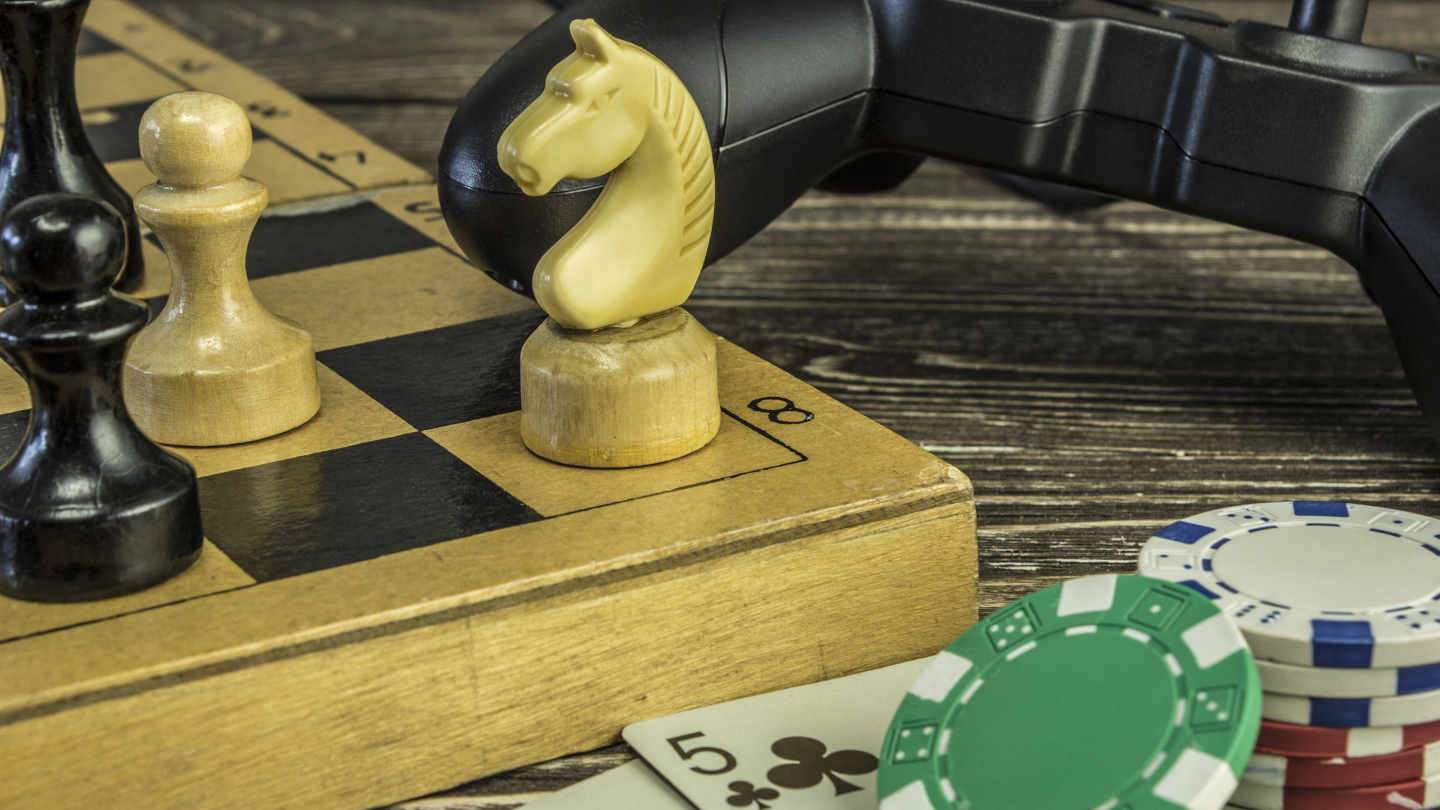
10 minutes
Last Updated: May 17, 2023
At first glance, there isn’t much connecting chess and poker. One is the game played on a 64-square board using pieces; the other requires a deck of cards and poker chips. Yet, chess players can have a big advantage on the felt.
Looking from the outside, this doesn’t make much sense. Poker entails an element of luck that’s non-existent in chess, and there is no reason to think chess players would be luckier than the rest of us.
It is true that chess is a much more precise game where the better player will win almost every single time, and the skill gap is much more apparent, even to an untrained eye.
However, when observed more broadly, the two games are much more similar to one another than you’d guess.
Chess vs. Poker: Similarities Are Aplenty
To properly understand the poker vs. chess debate and why chess players have a great starting position in poker, it is necessary to take a deeper look into both games.
We must go below the surface and forget about all the props like cards, pieces, and poker chips.
At their very core, both are games of math and perception. There is more randomness involved with poker, but this is only valid over a small sample. The more hands you play, the more pronounced the skill factor becomes.
Similarities between poker and chess have only become more pronounced in recent years. With the emergence of the Game Theory Optimal (GTO), poker, at the highest level, has become a highly mathematical game based on deep calculations.
Chess has always been this type of game. The ability to calculate moves and combinations is the biggest strength that all successful chess players have. And that ability translates perfectly to poker.
The Numbers Game
Many modern-day poker players believe that the GTO approach, heavily rooted in math and numbers, is the only right approach.
While it may not be the most entertaining or most fun-to-watch way to play, the numbers behind it are solid. If someone were able to completely learn the GTO, they would become unbeatable in the long run.
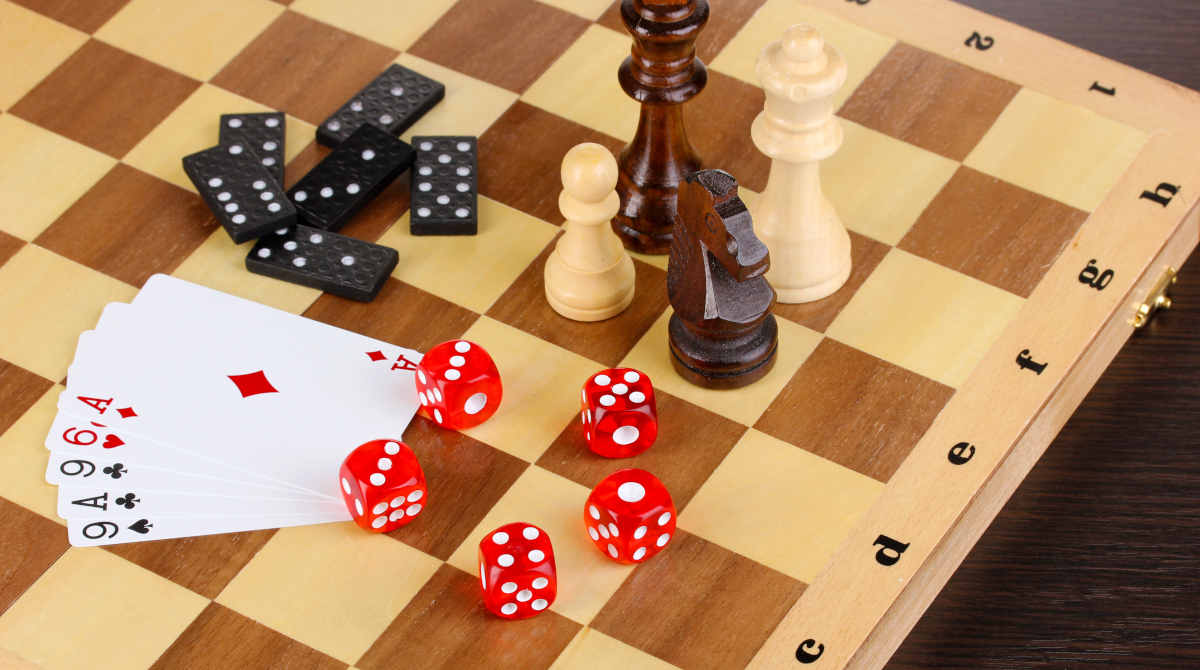
Of course, it isn’t possible to just memorize the entire theory as it is far too wide and complex, but it is definitely possible to memorize some of it and work your way from there.
Coming back to chess, this approach is something all good players understand.
The only way to excel in the game of chess is by studying and memorizing different positions, patterns, and move sequences.
Sure, every now and again, there is an incredible natural talent that manages to skip a few steps along the way, but to compete with the best, there is no way around this.
In the early days of poker, when not much was known about the game, perhaps it wasn’t the best pick for chess players. However, the new breed of poker that finds its foundations in numbers, hand ranges, and patterns is something else entirely.
Learning with Understanding
One thing that many people don’t understand about poker training is that it entails more than memorizing charts or grabbing a poker cheat sheet.
When done right, the process challenges you to dig under the surface and understand the reasoning behind different decisions. That way, you’re prepared for the unexpected and able to find the right response in new situations.
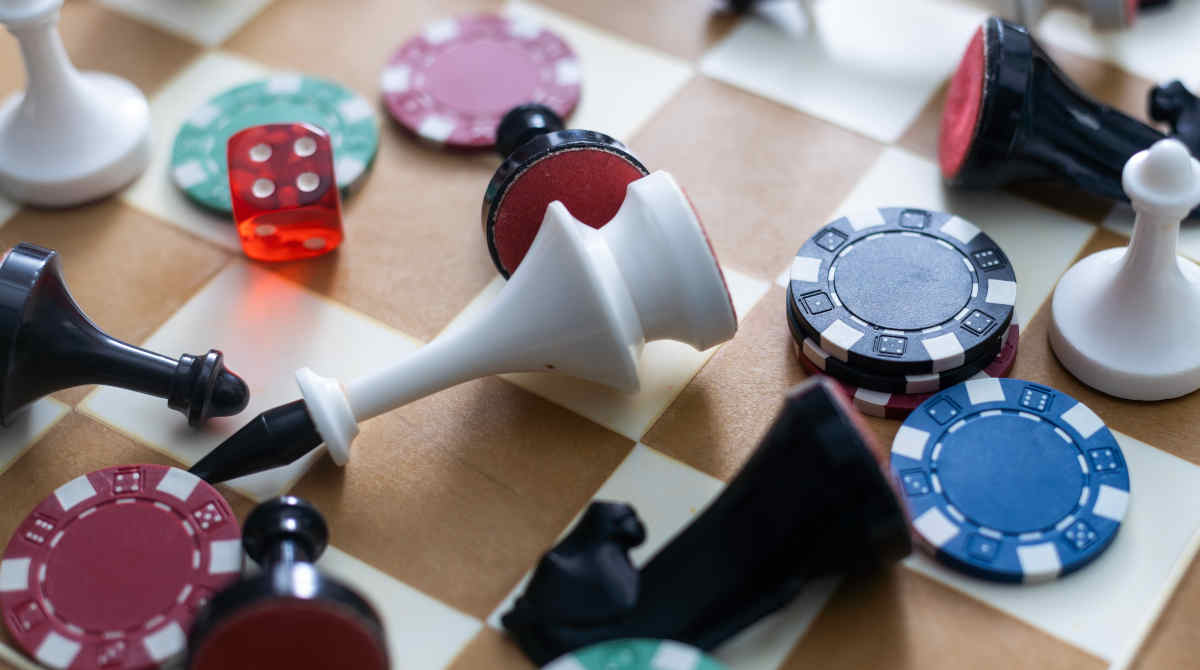
Chess players are all too familiar with this approach to studying. Chess is a game with a virtually infinite number of possible combinations, so trying to somehow memorize them all wouldn’t work.
Instead, they learn to recognize patterns and positional similarities and work their way from there.
Those who had success in chess know that this is a long and difficult process, and they’re not afraid to put in the work required. This alone puts them ahead of the curve and provides them with an excellent starting position, even if they’re completely new to poker.
Poker vs. Chess: How Hard Is It to Become a Winning Player?
Becoming a winning poker player at meaningful stakes is not an easy task and requires a deep understanding of poker strategy. While anyone can go on a lucky run and have a few good results, players who consistently beat the games for prolonged periods of time are quite rare.
There are many reasons for this, including:
- Not putting enough study time
- Having difficulties handling emotional swings
- Poor bankroll management
- Overestimating their skills
Many of these factors influence chess players as well. I’ve already discussed the importance of studying, so I won’t talk more about that, but what about other points?
It’s no secret that poker involves many emotional swings. Competitive chess isn’t much different, though. You have to be willing to put yourself out there, compete in tournaments where you’ll face tough competitions, and, quite often, you will lose.
Sometimes you’ll lose because you were against a better player; sometimes, it will happen because of your own mistakes. Often, it will be a combination of both.
Thanks for the game @philivey pic.twitter.com/ptKjaLAejr
— Magnus Carlsen (@MagnusCarlsen) July 11, 2022
So, chess players coming into the poker world already have the character traits required for success. They know there’ll be obstacles along the way and are ready to face them.
When it comes to skills, chess players may have a better understanding of this particular aspect. In chess, taking on a much better opponent almost always ends in a loss. Thus, they have the patience to move up the ranks slowly.
The concept of bankroll management is one thing that exists in poker and not in chess. That said, chess players still have to plan their budgets and figure out expenses involved with tournament participation, so they at least have some solid fundamentals to work with.
Finding Quality Learning Materials for Poker and Chess
Understanding that studying is key to success in poker is one thing. Finding quality learning resources is something completely different, and it might be a bit of a challenge for chess players.
Chess is a game that has been around for thousands of years, and there is a wealth of free and fairly cheap resources out there. Those willing to learn can find more than enough to keep them busy for the rest of their lives without spending a lot of money.
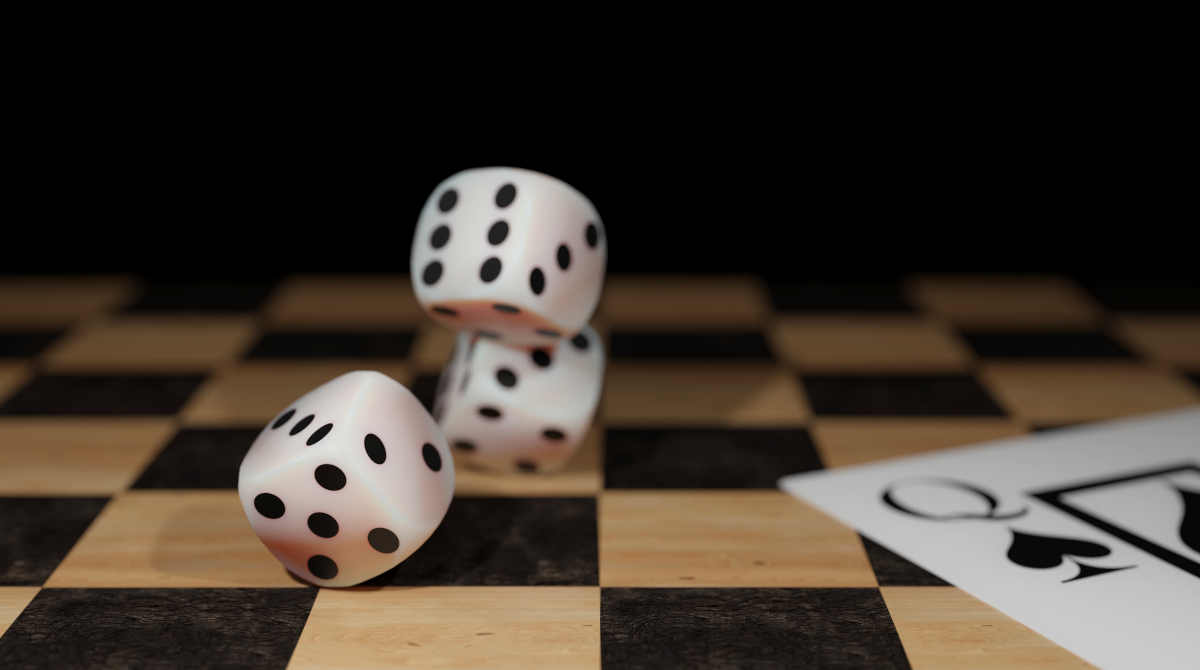
In poker, the situation is somewhat different. While there are a lot of free resources available, those looking for well-organized and quality learning platforms will need to pay some money.
This may be a bit of an obstacle, but only for those not willing to do what is required.
A good chess player should have no problems learning the game fundamentals using free resources and applying that knowledge to beat lower-stakes games. They can then use the winnings from those games to access more expensive poker training sites.
After all, serious chess players often have private tutors and visit training camps that cost a fair bit of money, so this concept is nothing new. Even in this aspect, these two games have some remarkable similarities.
Why Would Chess Players Turn to Poker?
There are many reasons speaking to the fact that chess players have the potential to be good at poker. The question is, why would they be interested in the game?
The answer is multifaceted, and it probably won’t be the same for all players across the board. I’ll try to tackle some of the more obvious reasons why.
Financial Motivation
Making money playing chess is hard. Outside of a very limited number of top players, there aren’t many people making a living by exclusively playing chess.
While becoming a good poker player is challenging, it is much easier to make money playing the game. You don’t have to be anywhere near the world-class to make a living from poker.
Why, you may ask, if both games are similar and difficult to master?
It’s simply because there are many more recreational poker players willing to put their money on the line and try their luck.
Min cashed the mystery bounty + pulled a minimum bounty, all in the minimum number of levels. #eptmontecarlo #eptlive @Pokerstars pic.twitter.com/HpALuVTnj7
— Jennifer Shahade (@JenShahade) May 3, 2023
The luck factor in poker continues to attract hobby players, as they know that, on any given session, they can win. With a good run of cards, they can beat even the best player in the world on any given night.
This isn’t the case in chess. The skill factor is much more visible, and a better player wins almost every time, especially if the skill gap is big enough. It may sound fair and natural, but it also discourages recreational players.
Nobody out there dreams of becoming a world chess champion after playing the first few tournaments and realizing how far they are from that goal. Countless people dream of winning the WSOP Main Event, as that can actually happen.
Different Challenge
Although both chess and poker have a similar mathematical foundation, poker does offer some additional challenges.
The human factor is much more pronounced in poker. There is often a significant gap between knowing what the right play is and implementing that play in real-time.
In chess, bad moves are usually punished almost immediately. In poker, even the worst of moves can result in big short-term gains.
Weaker players will often resort to these suboptimal plays, looking for their “one time.”
For someone with a chess background, this represents an interesting (if sometimes frustrating) challenge. You can make all the right moves and still lose to someone just “clicking buttons,” i.e., making plays that escape logic.
Social Environment
By its very nature, chess is not a very social game. You’ll rarely see chess players exchange words during a game, and the social factor is virtually non-existent as soon as you start entering serious tournaments.
The focus is entirely on the board and the next move. Even between the games, there isn’t much chitchat, as players will mentally prepare for their next opponent, going over their opening lines in their heads and trying to clear their minds of distractions.
Poker, on the other hand, is the complete opposite.
There is almost always table talk going on, there is no expectation to sit and stay quiet, and you’re more than welcome to socialize with your fellow players. If you’re so inclined, you can even get a bite to eat and a few drinks, all without leaving the table.
This is one major aspect of poker that attracts so many recreational players, and that can be quite refreshing for chess players looking for a change of pace.
You’re more than welcome to interact with others at your table, and such interaction can even help you gain an advantage over your opponents.
Not all players are into mind games and speech play, of course. Some just like to talk and have fun, but social interactions remain one of the key elements of the game. This may represent somewhat of a challenge for chess players, but it also opens a whole new dimension for them to explore.
Chess Players: A Force to Be Reckoned With at Poker Tables
If you’re a chess player thinking about taking up poker, all I can say is – go for it. As I’ve covered in this article, you’re quite likely to already have many transferable skills that will help you thrive at the tables.
With a bit of effort and using the right training materials and tools, your path to becoming a winning player should be much shorter than that of a random person with no chess or card game background.
This isn’t to say you’ll start winning right off the bat. There are still challenges ahead, but you’ll be able to take these on much more efficiently.
The best way to go about it is to give the game a try. Sign up with one of the best poker sites out there, learn some basics, and see how it feels. There is a good chance you’ll quickly fall in love with the game, adding the last missing element required to succeed – passion!










